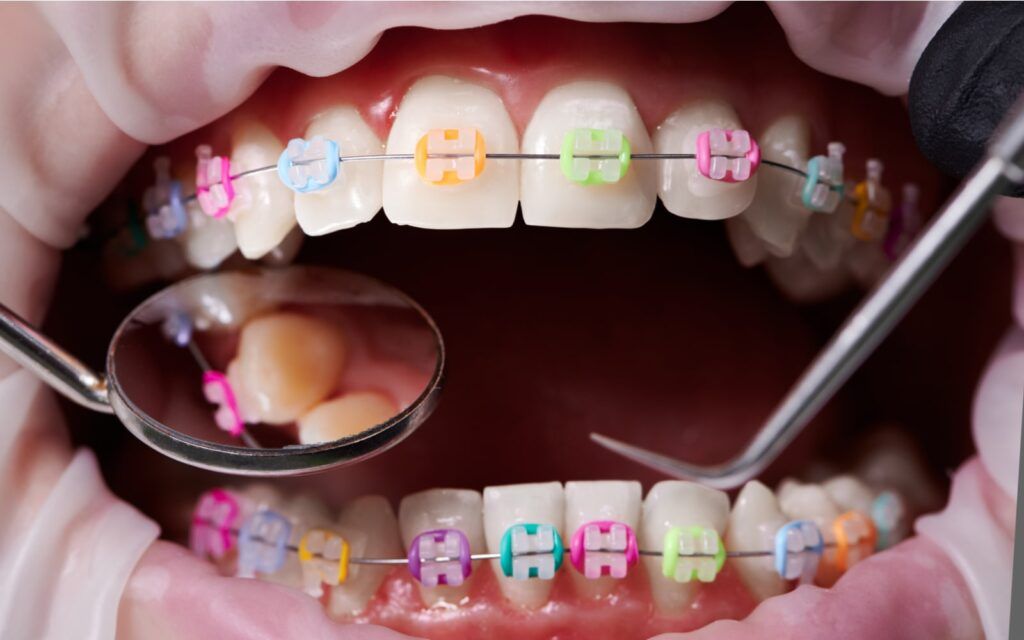There are significant benefits for patients who receive orthodontic care. Our teeth’ alignment is essential in protecting their overall health, even in our earliest years. When our primary teeth come in, they set the stage for our adult teeth to arrive. Being correctly aligned keeps them healthy and ensures the jaw develops enough space for those adult teeth to come in straight. Misalignments also cause gaps that are difficult to clean and can hide plaque, tartar, and food debris. Thankfully orthodontic care is typically painless, with reports of post-treatment discomfort rare.
Managing Post-Orthodontic Discomfort When It Appears
When post-orthodontic pain does occur, it’s typically the result of inflammation and irritation from the appliance. Some patients may experience discomfort from the teeth beginning to move as well. However, this discomfort doesn’t tend to last longer than a couple of weeks. Managing it during this period can typically be managed using the following approaches:
- NSAIDs – This family of medicine has anti-inflammatory properties that don’t rely on the presence of steroidal medication. They’re an excellent way of addressing post-orthodontic discomfort, as inflammation is the most common source. NSAIDs are available over the counter as Ibuprofen or naproxen sodium.
- Analgesics – Analgesics can interfere with the body’s ability to communicate discomfort to the brain. By blocking these receptors, they relieve the discomfort. They’re excellent for post-orthodontic pain when paired with NSAIDs.
- Cold Therapy – Applying cold sources to inflamed or swollen areas can provide substantial relief from these symptoms. There are numerous ways to apply cold to the target area. You can drink cold beverages and eat cold foods such as ice cream, or you can apply ice packs externally over the area. What’s important is to avoid applying cold to the area for longer than 15 minutes at a time. Extended exposure to cold temperatures can result in injury.
- Dietary Restrictions – It’s important to take care to select the right foods while being treated with an orthodontic appliance. Foods that are chewy or crunchy can aggravate the appliance and the tissues connected to it. Exceptionally chewy foods can actually result in damage to the appliance, so it’s important to be exceptionally careful.
The above tips and tricks will help ensure that your discomfort is managed during the first couple of weeks. However, it’s important you communicate your experience to your dentist and keep them updated. Ongoing discomfort is often a sign of something going awry with your treatment and may need intervention to correct it.
Contact Your Dentist About Post-Orthodontic Pain
If you’ve recently undergone orthodontic treatment and have been experiencing persistent discomfort, speak to your dentist. They’ll provide consultation and go over the details of your care. If they feel it necessary, they’ll have you come in for a follow-up exam to ensure that everything is proceeding smoothly. If any concerns are found, they’ll take steps to address them and get you back on course for that beautiful smile you crave. Contact your dental provider today and talk to them about your concerns!


